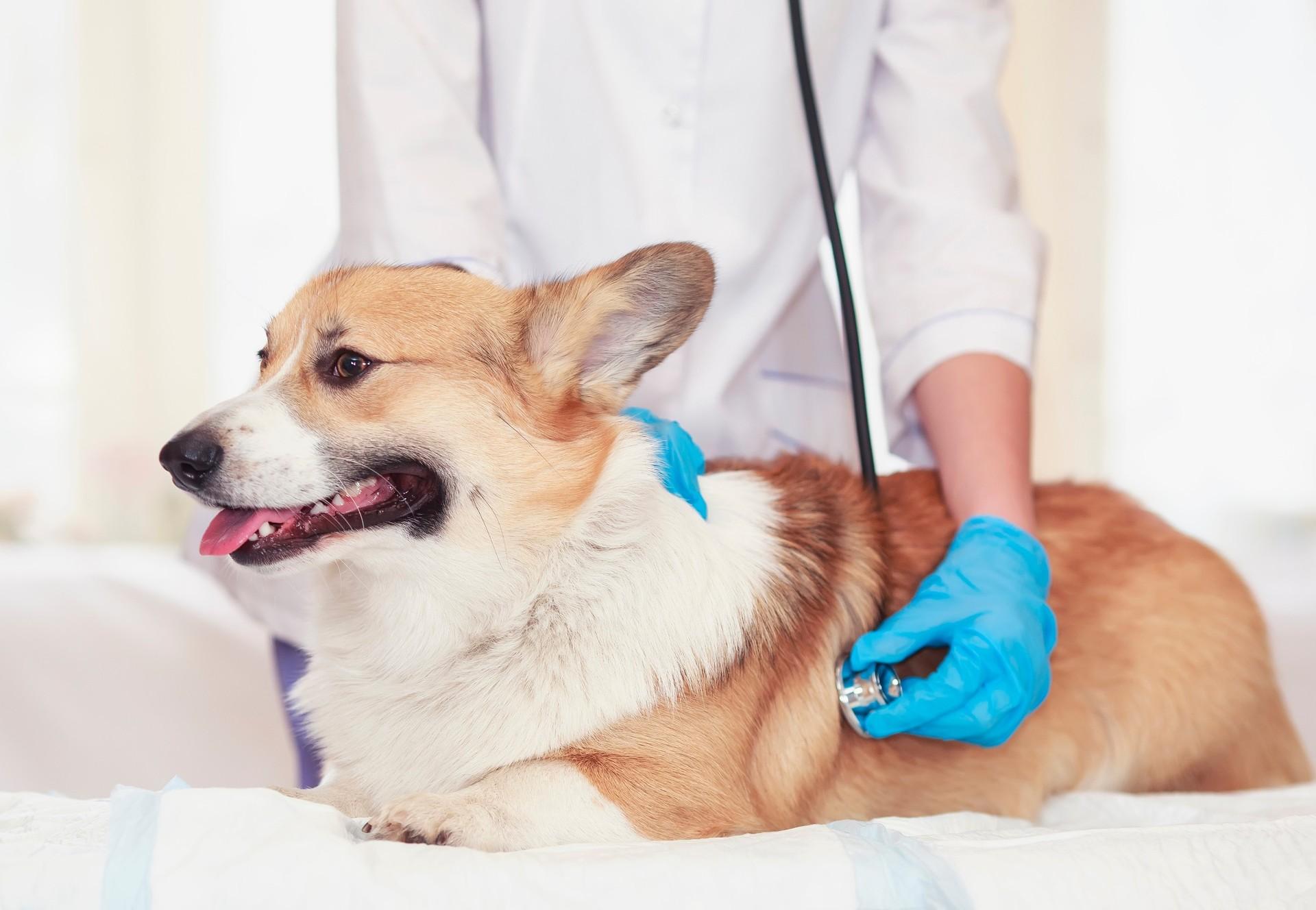
In wisdom tooth extraction, dentists usually remove the third molar (wisdom tooth) because of its impact on surrounding teeth – especially the second molar – and also because of the risk of developing chronic problems such as cyst or tumor in later life. You should see your dentist so he can give you a thorough examination to determine if you need treatment for your third molar.
If it’s not causing any pain or swelling, chances are it doesn’t require immediate removal, but it’s best to seek advice since it can cause problems in the future. If you need to have your wisdom teeth removed, there are some things you can do to make yourself more comfortable after surgery, and there are also practices that dentists recommend avoiding so as not to interfere with the healing process. The following will help ensure a faster recovery without complications:
-
Don’t Smoke
Smoking slows down the healing process around the the area of surgical extraction, thus increasing risks of contamination, inflammation and shortening of the bone healing time. Also, smoking affects your body’s oxygen supply in your bloodstream which makes it even harder for your tissue to recover from an injury or trauma like extraction surgery.
On the same note, it is also advisable that you don’t eat hard or tough foods right after surgery because the activity can disturb the surgical area. The first 24 hours are essential for healing because that’s when most swelling occurs, so it’s best to avoid any food that requires really tough chewing.
-
Don’t Drink through a Straw
Sucking on a straw may pull blood and fluids away from sutures and/or packing; this causes pain and prolongs the healing process. Drinking tea or juice is okay – just don’t use a straw or anything else that creates suction like an eyedropper (unless your dentist says otherwise).
-
Do Eat Soft and Moist Foods at First
At least until you start feeling some regular movement in your lower jaw again, stick to eating soft and moist foods such as soup broth, yogurt, and bananas. Also, stick to foods that are cut up into smaller pieces and can be chewed with the front teeth only because back teeth need to rest to heal properly.
-
Don’t rinse Immediately
Your doctor will give you the best guidelines for dental hygiene after wisdom tooth extraction. You will basically be advised to just brush your teeth with an antibacterial soap (such as chlorhexidine) and don’t use mouthwash unless it’s alcohol-free; this is because rinsing will disturb the surgical site and irritate any open wounds or sutures. Alcohol-based rinses like Listerine can make you gag when there’s no food in your mouth and increase saliva flow, leading to dry socket (a very painful condition caused by exposure of bone underneath the gums). If this happens, contact your dentist.
-
Do use Ice Packs to Control Swelling
Place an ice pack on the outside of your face over the surgical site for 5 to 20 minutes every hour. This will reduce pain and swelling, which in turn helps wounds heal faster. Place a small moist towel between your jaw and the ice pack so you don’t get a freezer burn on the skin; this might tingle at first, but it’s necessary for effective icing. Also, remember that some discomfort is normal after having surgery done. Pain meds usually provide relief within 2 hours after taking them, so if you feel unwell or concerned, call your dentist immediately.
-
Don’t Open Wide
Avoid opening your mouth wider than necessary for at least two weeks because it prevents proper healing by increasing surgical site exposure to air. Also, keep in mind that opening your mouth too wide can disturb sutures/packing, which means more pain and a longer recovery time.
-
Don’t chew on the Opposite side
It is advisable that you avoid chewing on the opposite side where your third molar was removed; this is because it’s still tender during healing and puts you at risk for serious damage to the surgical site; plus, it reduces blood flow to the area (if you do bite down with no tooth there it can cause crushing of new bone) which causes more pain and delays healing.
-
Don’t Play Wind Instruments
Playing a wind instrument such as a trumpet or clarinet can damage new bone formation in the surgical site because of all the air pressure that’s used to produce the sound, so avoid playing even if it doesn’t hurt right away. If you experience increasing pain over time, consult your dentist immediately. Vigorous exercise should also be avoided for at least two weeks because it increases blood flow to the surgical area and prolongs postoperative pain; this can cause increased swelling/bruising and slow down tissue repair by keeping blood from clotting around sutures/packing inside the socket.
In general, please don’t do anything that causes you severe pain or makes you feel faint or short of breath until your dentist Okays it. You should also be patient during the first few days – your facial region will most likely swell a bit, and any pain might feel worse than it actually is due to anesthesia wears off – this is normal – it’ll pass soon enough too.
Can I Drink Water after Wisdom Tooth Extraction?
You can drink water after wisdom tooth extraction because there’s no danger of it getting into the surgical site and dissolving sutures/packing. In fact, drinking water will help prevent dry socket from occurring.
Drinking plenty of fluids is also important for healing. It keeps your body hydrated, reducing tissue breakdown and improving blood flow to the area – essential for delivering anti-inflammatory agents that accelerate tissue repair. There are, however, a few precautionary steps to take when drinking water after wisdom tooth extraction.
For example, you must not swish the water around in your mouth before swallowing it – this can cause the thin layer of blood that was formed over the surgical site to be dispersed into your saliva and then re-deposited, which prolongs postoperative pain and delays healing. Also, it would help if you did not drink anything cold because ice water stimulates nerves in your face and might cause excruciating pain until it warms up again inside your mouth.
Bottom Line
You need to remember that healing after wisdom tooth extraction requires patience and diligence. Do everything you’re told because it’s the fastest way to recovery – this will save you a lot of time and pain in your life, so worth taking seriously. Your dentist is there for a reason – have faith in them and stay positive.
Smilepoint Dental Holland Village – Wisdom Tooth Extraction/Removal, Dental Implants,
3 Jln Merah Saga, #01-64 Chip Bee Gardens, Singapore 278115
+65 6475 1028
https://smilepoint.com.sg/



